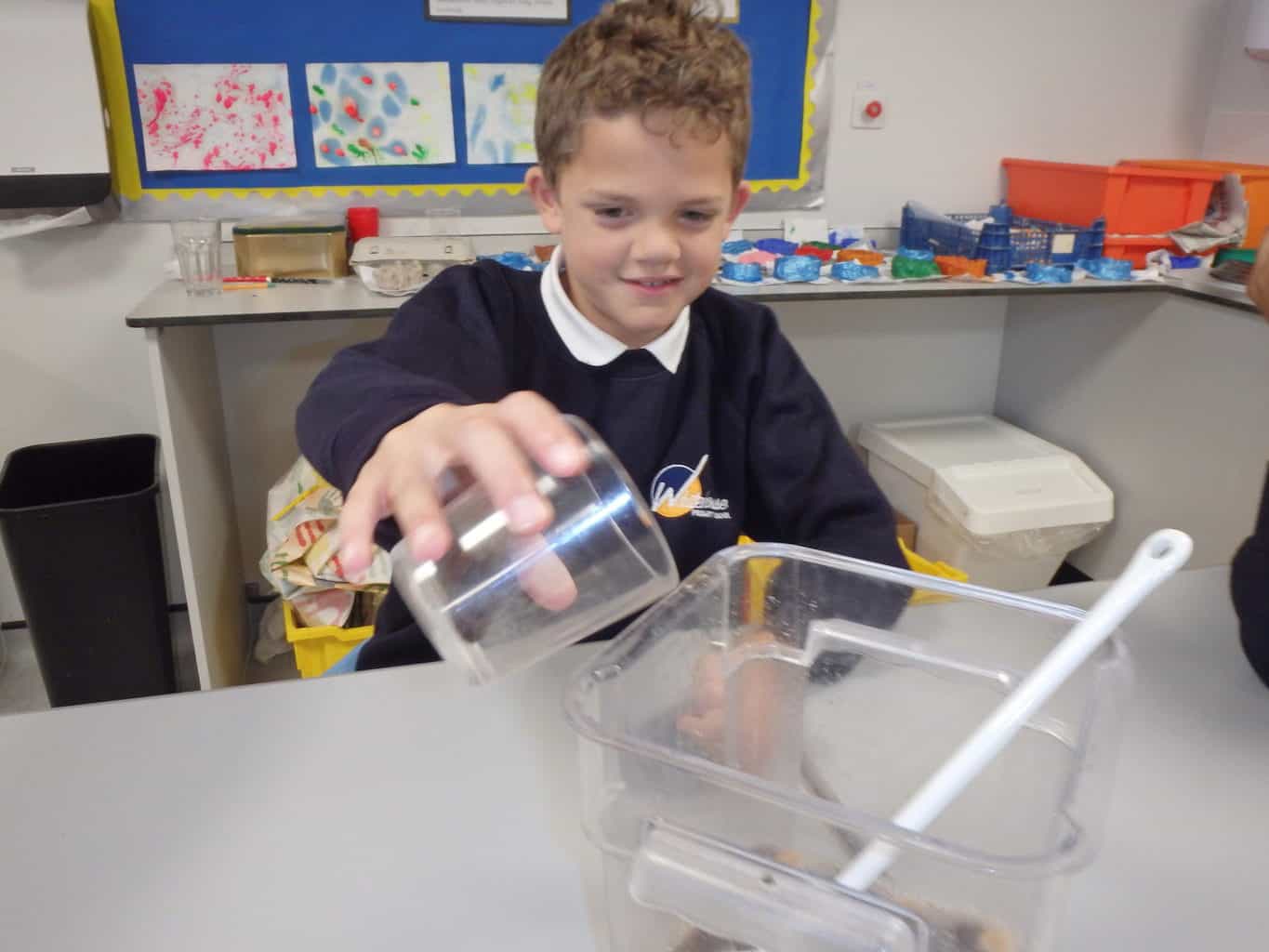
Science at Whitehouse Primary
Science teaching at Whitehouse Primary School aims to give all children a strong understanding of the world around them whilst acquiring specific skills and knowledge to enable them to think scientifically, gain an understanding of scientific processes and understand the uses and implications of science today and for the future.
At Whitehouse Primary School, we follow the carefully designed, sequential White Rose Science Curriculum, to ensure full coverage, development of skills and progression of knowledge. Our science curriculum is designed to help pupils thrive and develop a sense of curiosity about the world around them. Science is happening all around us and provides answers to many of the world’s questions.
A high-quality science education provides the foundations for understanding the world through the specific disciplines of biology, chemistry and physics. Through building up a body of key foundational knowledge and concepts, pupils are encouraged to recognise the power of rational explanation and develop a sense of excitement and curiosity about natural phenomena. They develop the understanding of how science can be used to explain what is occurring, predict how things will behave and analyse causes. Scientific enquiry skills are embedded throughout the curriculum.
A key component of the White Rose Science Curriculum is that the skills and knowledge are planned progressively to build upon prior learning during the pupil’s time at Whitehouse Primary. This enables each child to become an independent learner and explore possible answers for scientific based questions.
By the end of their time at Whitehouse Primary School our Year 6 scientists will have built up a body of knowledge which will enable them to understand how science can be used to explain what is occurring around them, predict how things will behave and analyse causes. They will recognise the power of a rational explanation and be able to articulate scientific concepts clearly and precisely using accurate technical terminology. Scientific learning experiences will have developed an excitement and curiosity about natural phenomena and the world around them. This will prompt the asking of their own questions and the use of the relevant skills needed to work out and explain their answers. They will have an understanding that scientific ideas change and develop over time and how this has and continues to change our lives and futures. This full and rounded understanding of the world around them will impact their lives, influencing the choices that they make so that through their actions they are able to make the world a better place.










